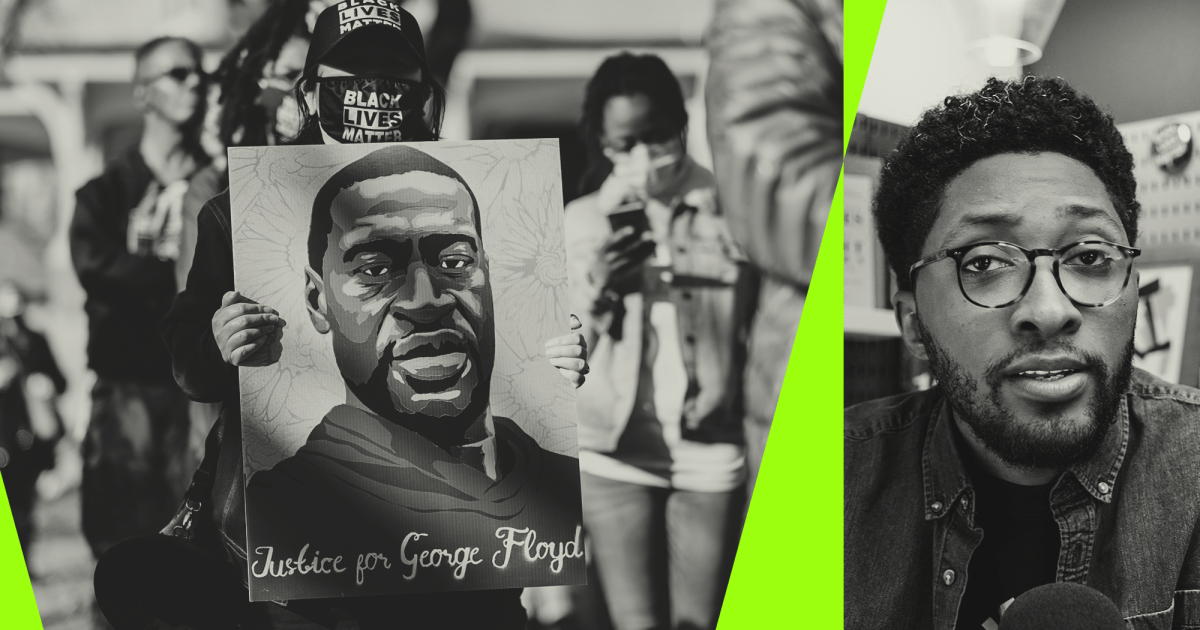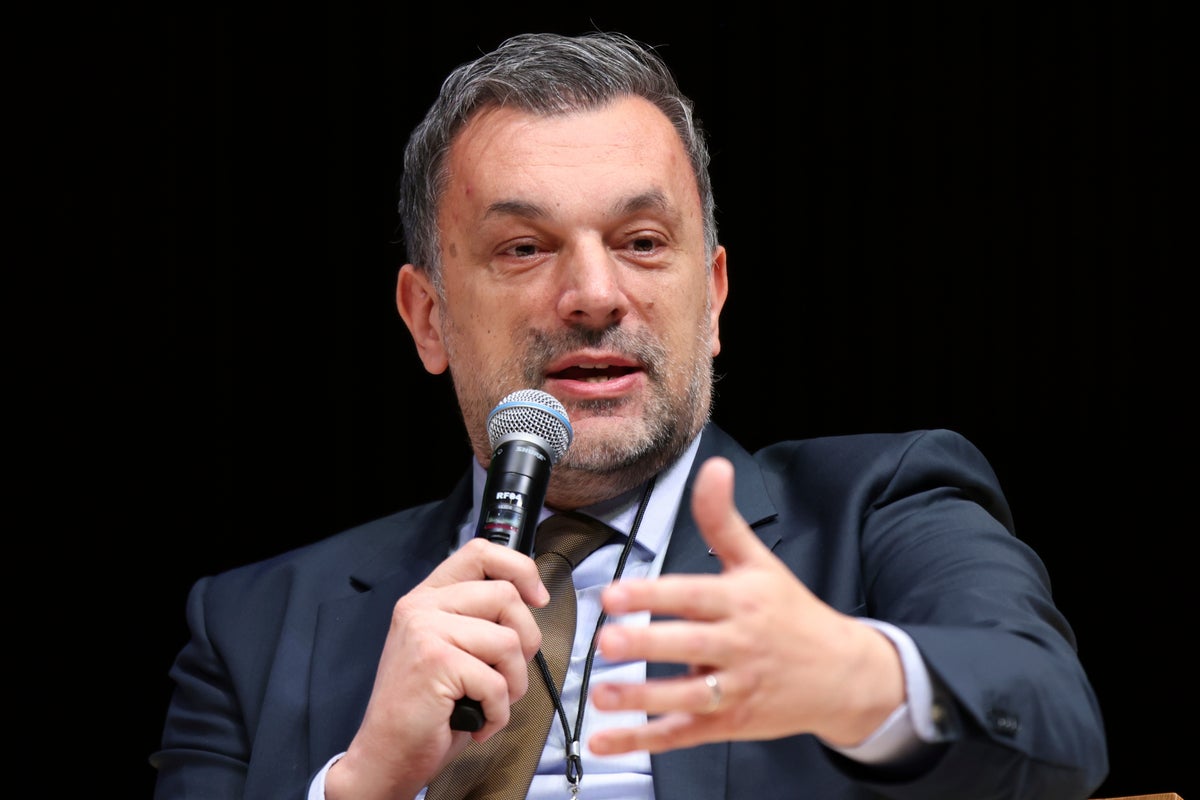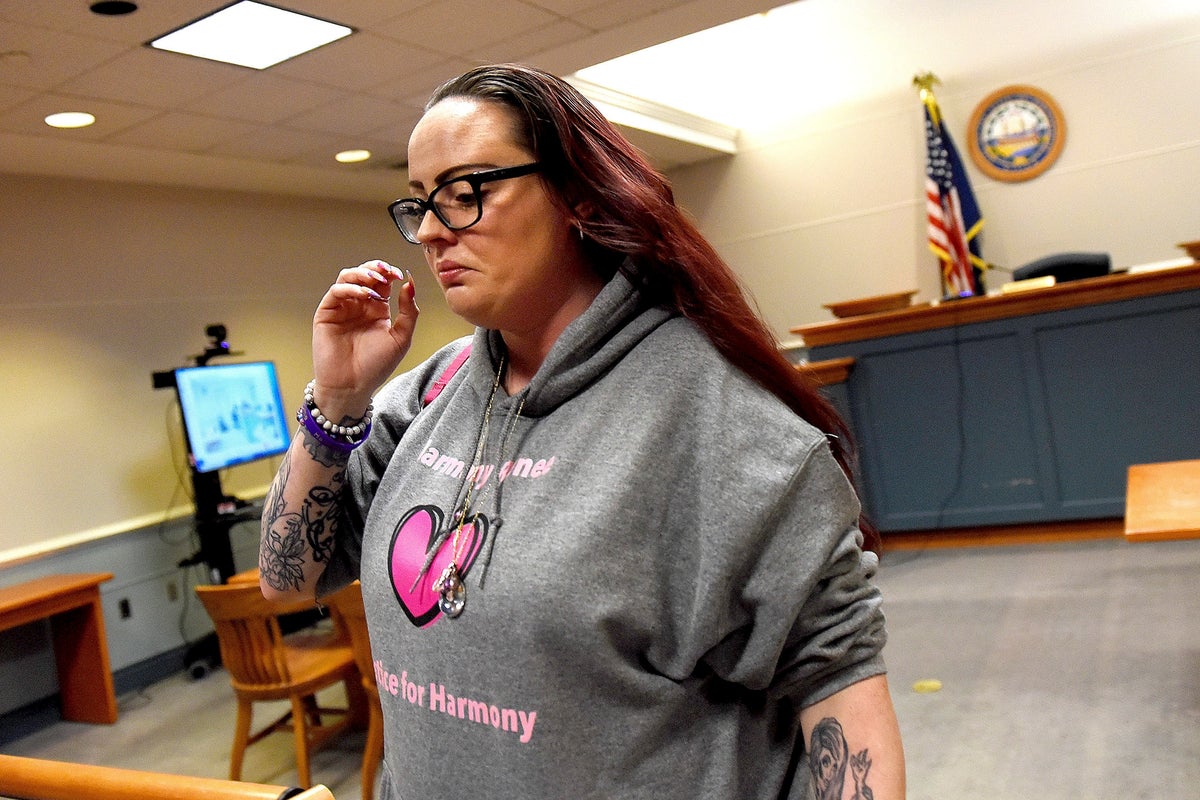It’s been five years since George Floyd was murdered on a Minneapolis street in the Spring of 2020. Though far from novel, this particular act of state violence shocked the world and ignited one of the largest protest movements in modern history. In my latest video, I argue that this moment was much bigger than Floyd; from the horrors of the Middle Passage to the chains of mass incarceration, from slave codes to Jim Crow, the full weight of America’s long-standing commitment to anti-Blackness bore down on that moment and the months of protest that followed.
People were energized: books written about Black authors topped the New York Times‘ bestseller lists, corporations pledged billions of dollars toward racial justice, and diversity, equity and inclusion practitioners were in high demand. From London to Lagos to Los Angeles, the world seemed to unite under one banner: Black Lives really do Matter.
But five years later, it’s worth asking: What actually changed?
The answer is complicated. In many ways, the mass awakening of 2020 gave way to a powerful retrenchment over the four years that followed.
A year after the world marched for George Floyd, conservative politicians and pundits began rallying against so-called “Critical Race Theory”an academic field of study based on the honest examination of racism’s historical and present-day impact on society—and twisted it into a catch-all for anything conservatives didn’t like. Within a couple of years, Republican-led book bans would target bestselling titles that once spurred on a America’s “racial reckoning.”
Nowhere is that clearer than in the debate over of police reform: the most substantive policy demand of the Black Lives Matter protests. Despite efforts by lawmakers like Senator Cory Booker and then-Senator Kamala Harris to introduce police reform legislation as early as June 2020, Congress ultimately failed to pass a bill curbing chokeholds, no-knock warrants, or qualified immunity.
Instead, in many cities, police budgets grew and a dozen states have broken ground on large-scale police training centers — dubbed “Cop Cities” by critics.
The penultimate act of America’s racial retrenchment came in the fall of 2024 when Donald Trump, buoyed by replacement theory fears and anti-“woke” campaign ads, was reelected president of the United States of America.
We’ve seen the rapid deterioration of civil rights protections, a commitment to arming police with surplus military gear, and the cancellation of Biden-era federal investigations into the police departments involved in the deaths of George Floyd and Breonna Taylor. All while his most vocal supporters call for a federal pardon for Derek Chauvin, the officer convicted of murdering Floyd.
Yet, despite all of this, I think there is still reason for hope.
If 2020 was The Awakening, and the last four years have been The Retrenchment, then 2025 may mark the beginning of a new phase: The Reevaluation.
I think the 2020 BLM protests were about bolstering Black social and political power, and despite all of the attacks that effort has endured, Black people aren’t giving up on it any time soon.
In Louisiana, Black voters helped defeat a constitutional amendment that would have made it easier to try children as adults — a move that many viewed as a veiled attempt to deepen mass incarceration.
We’re seeing it in economic protest too, with Black consumers leading boycotts of major corporations like Target, disrupting profit margins and forcing boardroom conversations.
And we’re seeing it in grassroots organizing. Activists like Angela Rye and journalist Joy Reid are crisscrossing the country on the State of the People Power Tour, mobilizing and educating Black communities on how to build lasting political power from the ground up.
So, five years later, when we ask what’s changed, maybe the most honest answer is that we changed; and that might be the most powerful change of all.















